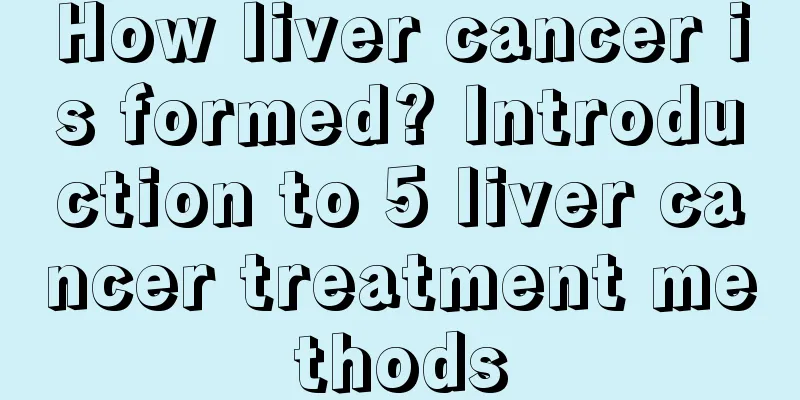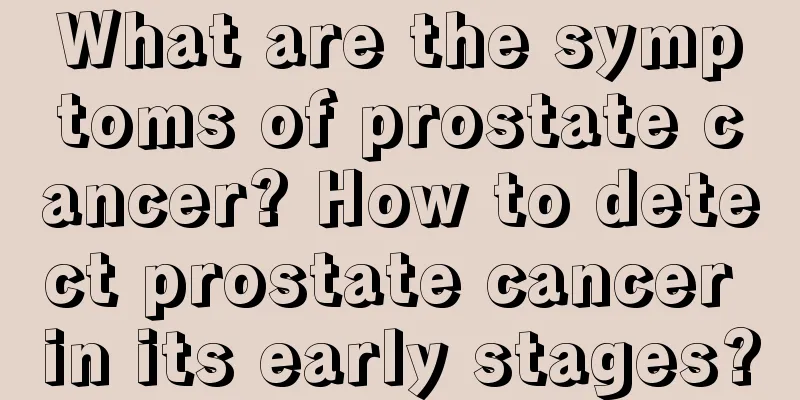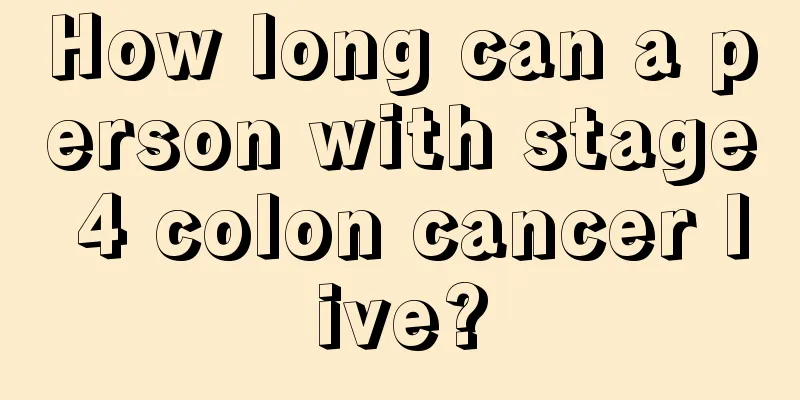What are the dangers of having nasopharyngeal cancer

|
Nasopharyngeal carcinoma is a relatively common malignant tumor with obvious regional differences. During the treatment process, the patient is in great pain. So what are the hazards of nasopharyngeal carcinoma? What are the main hazards for patients with nasopharyngeal carcinoma? 1. Acute radiation reaction of oral cavity and oropharyngeal mucosa: This is an unbearable negative health impact that radiotherapy brings to patients. Generally, patients will experience pain in the mouth or pharynx and difficulty swallowing when the radiotherapy dose is 20-30Gy (1/3 to 1/2 of the radical dose). As the radiotherapy dose increases, the symptoms continue to worsen. 2. Dry mouth: Due to the particularity of radiotherapy, patients will inevitably experience dry mouth symptoms during treatment. During conventional radiotherapy for nasopharyngeal carcinoma, the irradiation field includes most of the parotid tissue. After 1-2 irradiations, the patient will feel swelling and pain in the parotid area and difficulty opening the mouth. This is due to local congestion and edema of the parotid gland and poor salivary gland excretion. With continued radiotherapy, dry mouth worsens, the patient cannot eat, and soup is required to take the medicine. The parotid gland function is significantly damaged. One year after radiotherapy, some patients have a slight improvement in dry mouth. With the recent application of new radiotherapy equipment and technologies, this side effect is gradually decreasing. Examination shows that the oral and pharyngeal mucosa within the irradiated area is congested, bleeding and eroded, and flaky pseudomembranes are formed. If the patient can tolerate it, there is no need to interrupt radiotherapy, and a high-vitamin, high-protein diet is given to maintain oral hygiene. If the patient's reaction is particularly severe, radiotherapy is suspended, and fluid support therapy, antibiotics, and hormones can be given. Radiotherapy is very harmful to health and will affect the patient's normal life. However, I would like to advise those patients not to give up treatment because of these hazards. |
<<: What are the complications of nasopharyngeal carcinoma in the later stage
>>: Sequelae of radiotherapy for nasopharyngeal carcinoma
Recommend
What are the symptoms of advanced liver cancer? These are the common symptoms of advanced liver cancer
Patients with pre-liver cancer do not have obviou...
The dangers of high skeletal muscle
There are many problems with skeletal muscle, suc...
Vitamin B anti-mosquito method
Summer is here, and one problem that bothers many...
How to make jelly puree
Do you still remember the jelly mud you played wi...
Is late stage esophageal cancer contagious?
Is esophageal cancer contagious in its late stage...
Why can't you drink water before going to bed
Can you drink water before going to bed? This has...
How to treat vertigo caused by ear stones
As the name suggests, ear stones are some small s...
What is the best way to treat advanced lung cancer? Comprehensive folk remedies for advanced lung cancer
For patients with advanced lung cancer, treatment...
Symptoms of recurrence after cervical cancer surgery
If a woman is diagnosed with cervical cancer, she...
The efficacy of latex pillow
In order to have a good sleep quality at night, s...
What are the symptoms of uterine cancer in daily life
Among cancer diseases, uterine cancer is more com...
The role of inflammatory mediators in inflammation
What we usually come into contact with are some m...
Can Still's disease be cured?
Still's disease is a polyarticular disease th...
What does it feel like to use a tampon
A long time ago, women did not have sanitary napk...
Can prostate cancer be detected by digital rectal examination?
As we all know, prostate cancer is a malignant tu...









